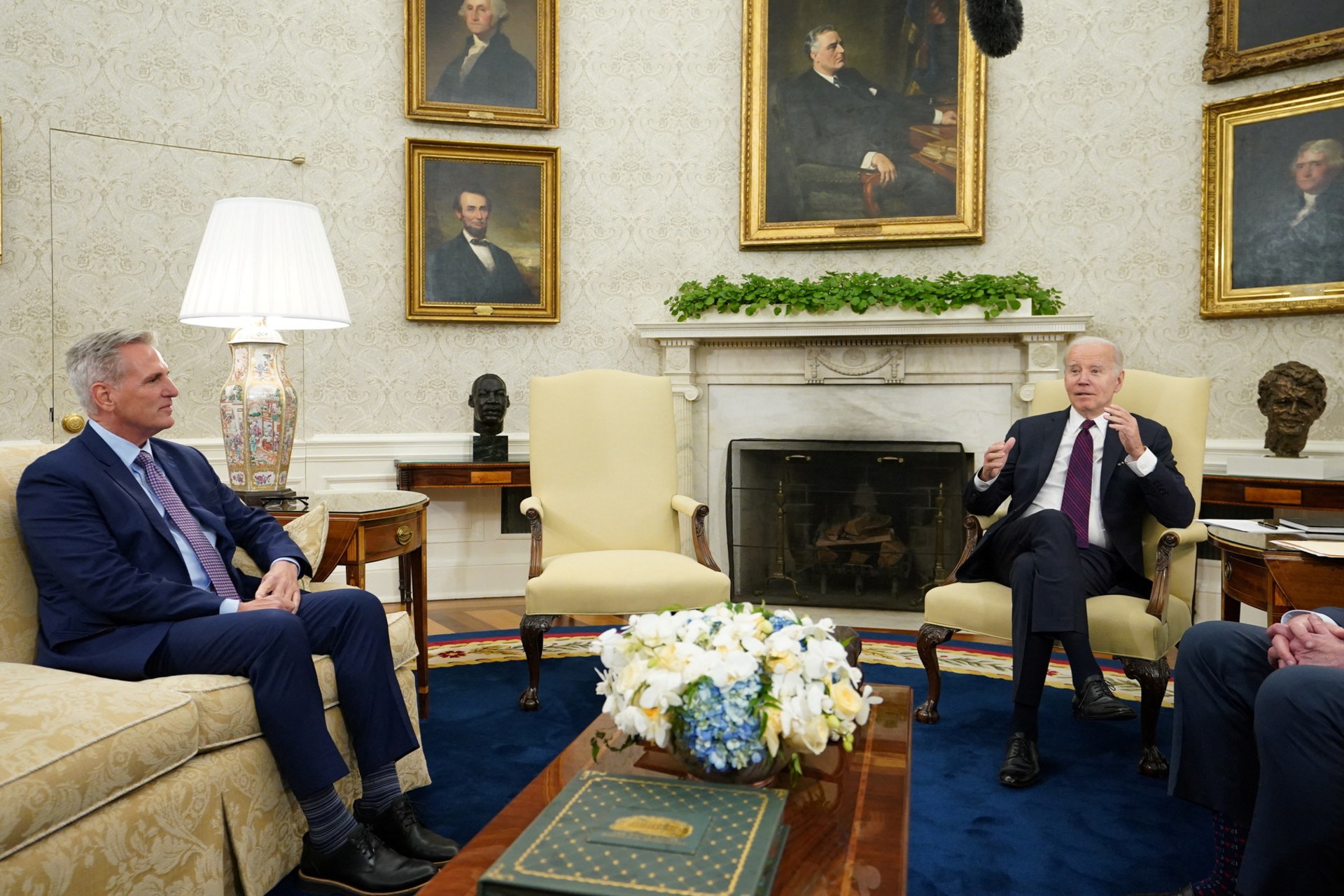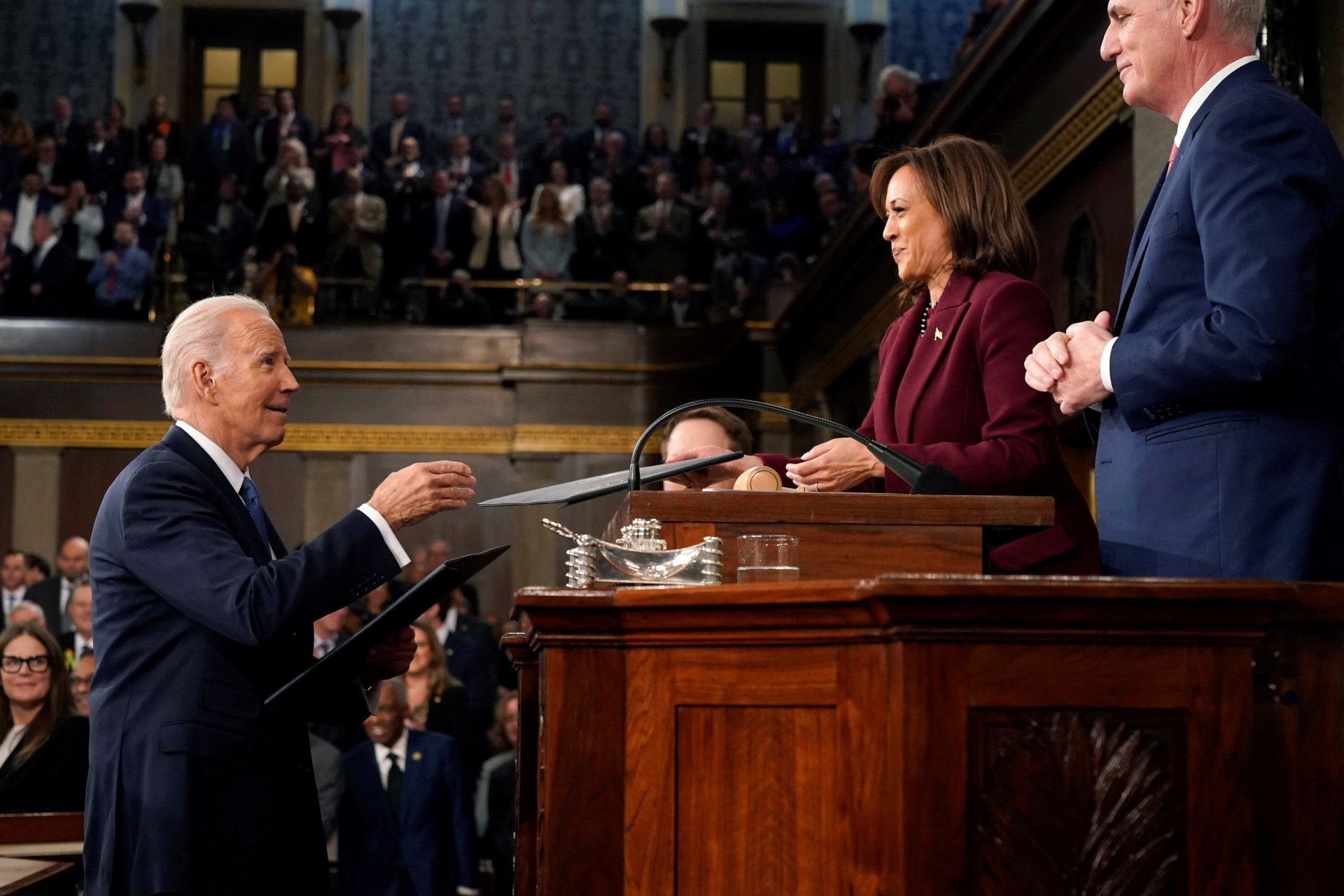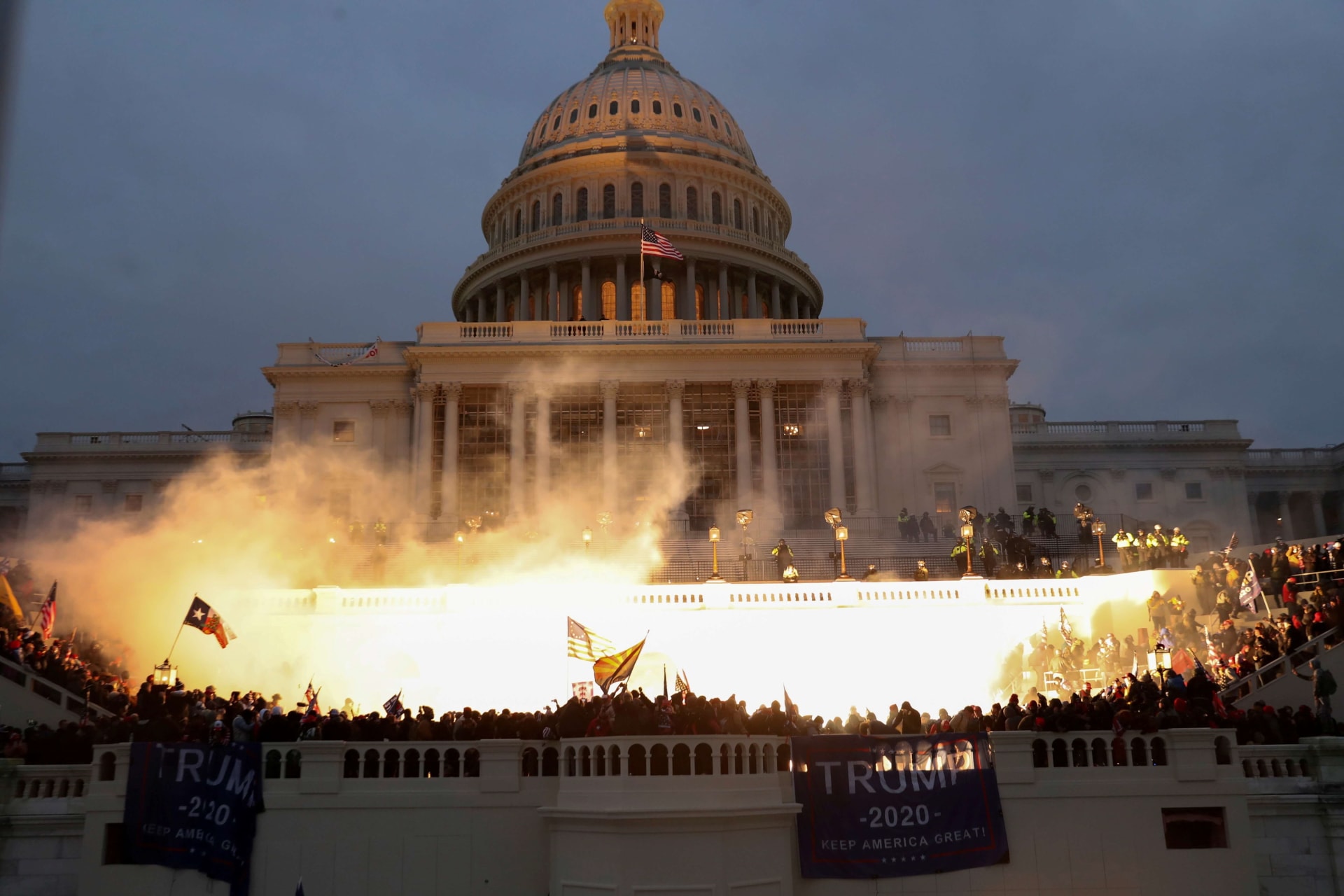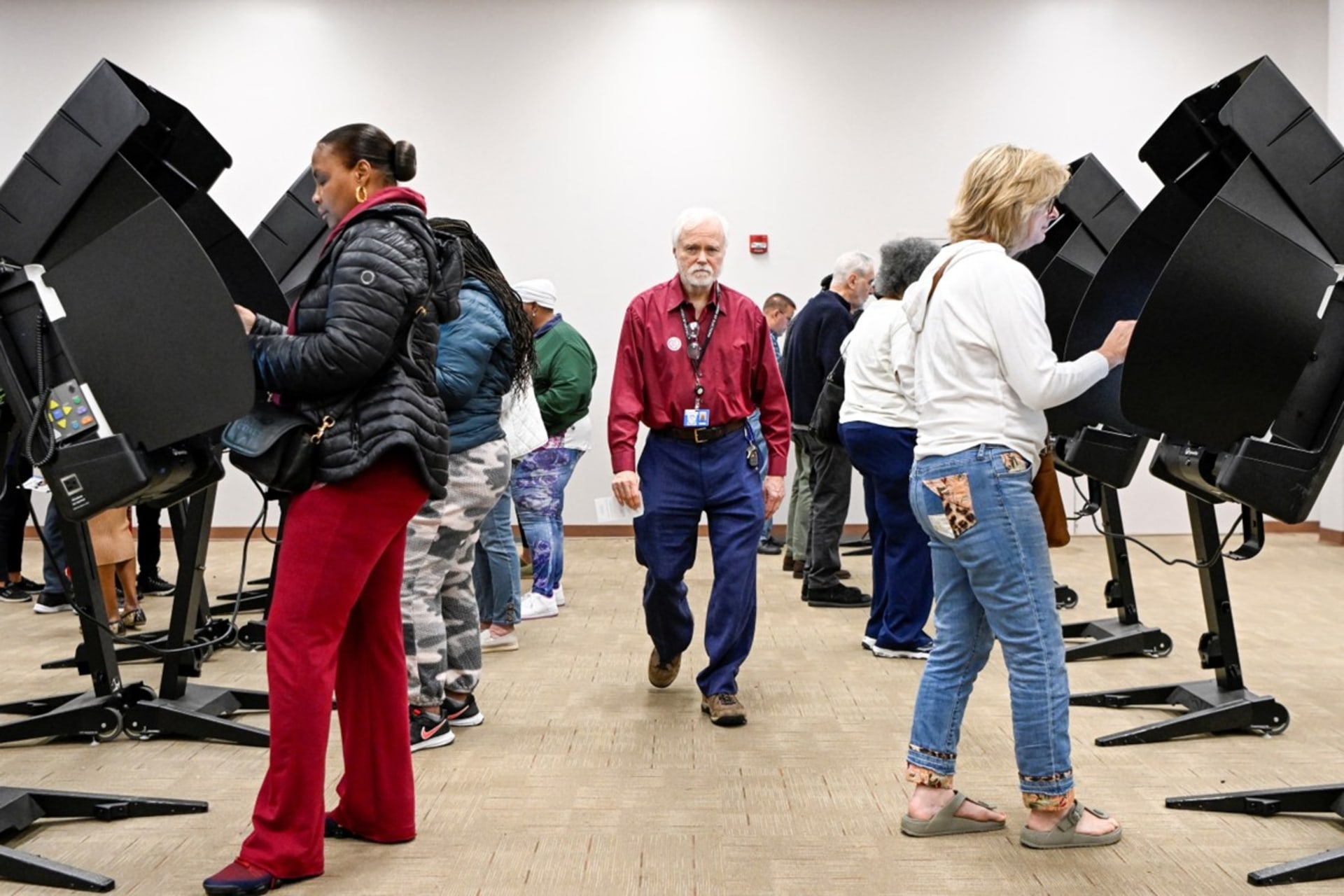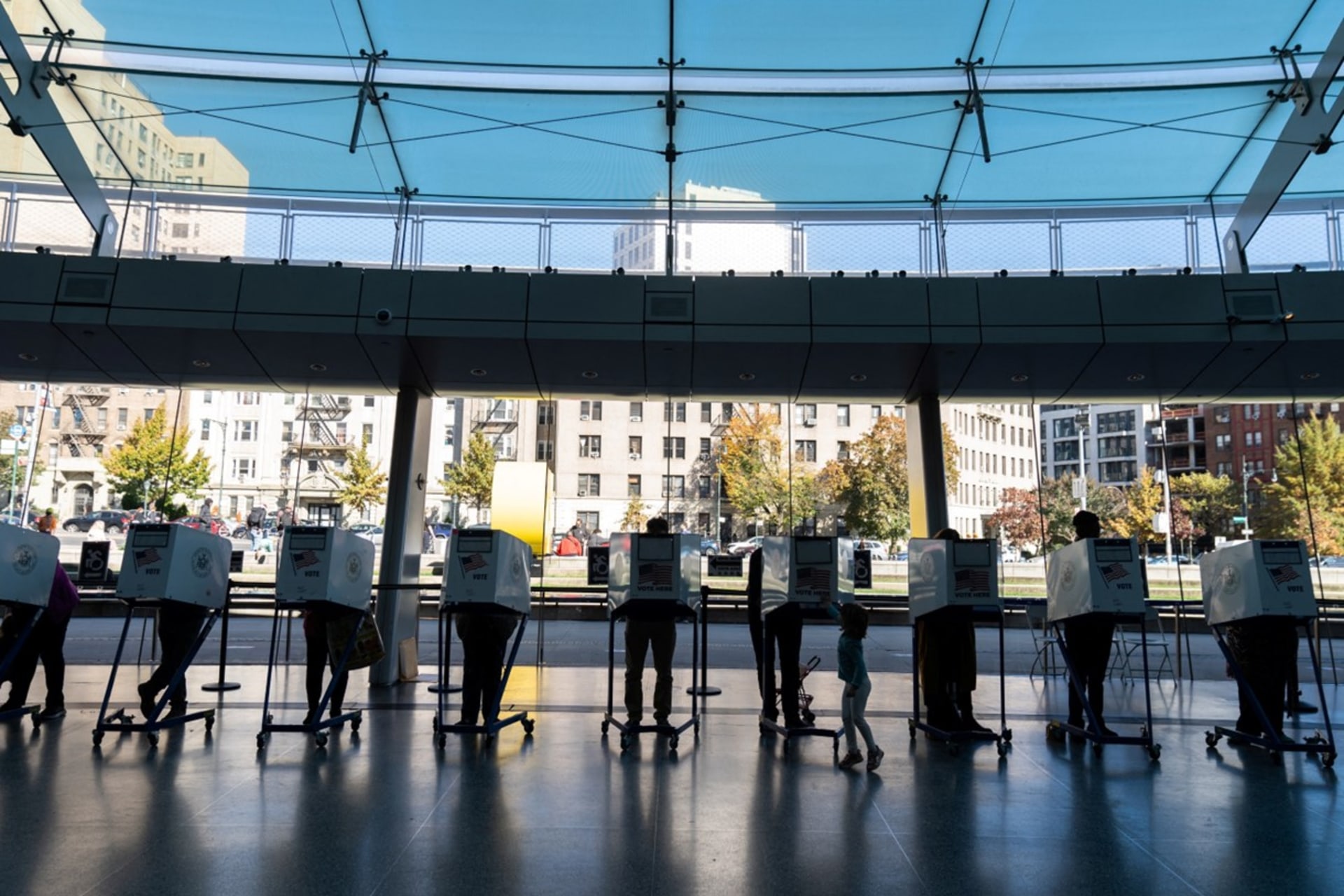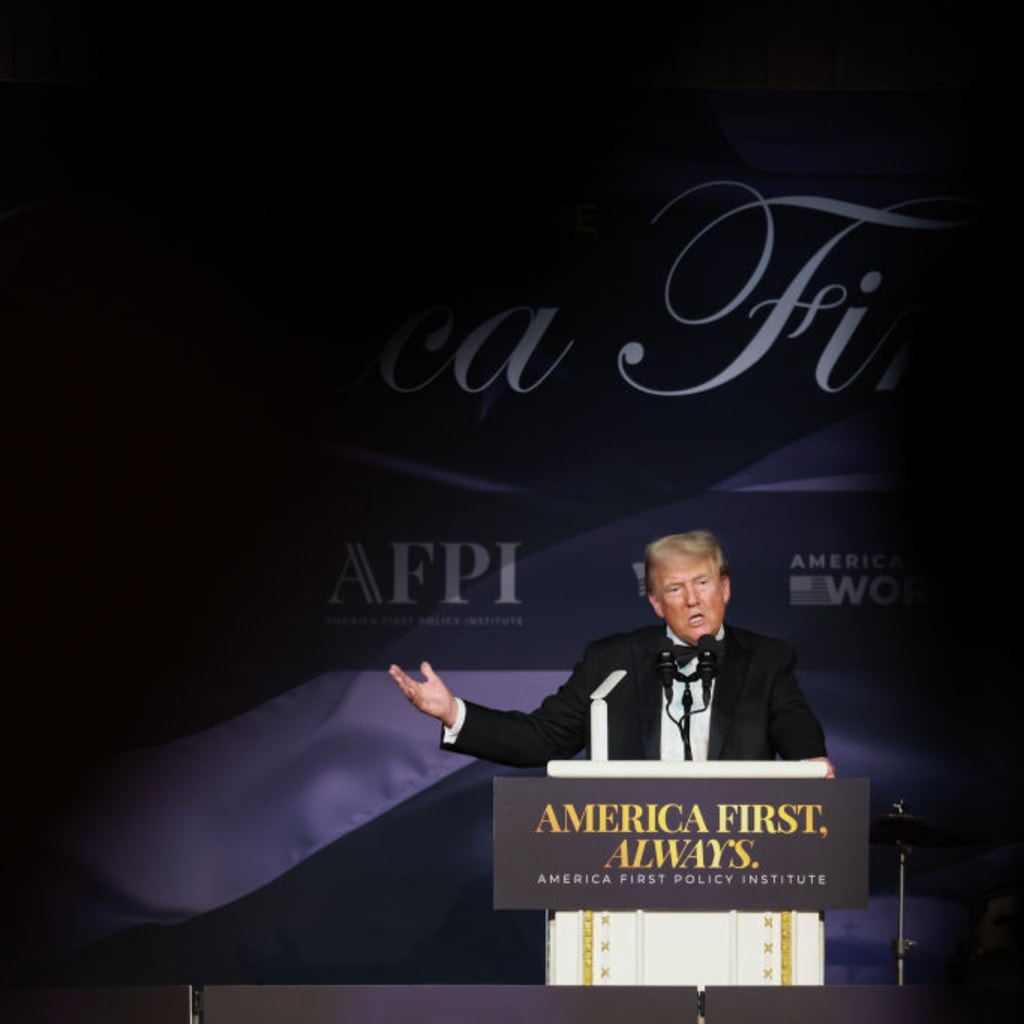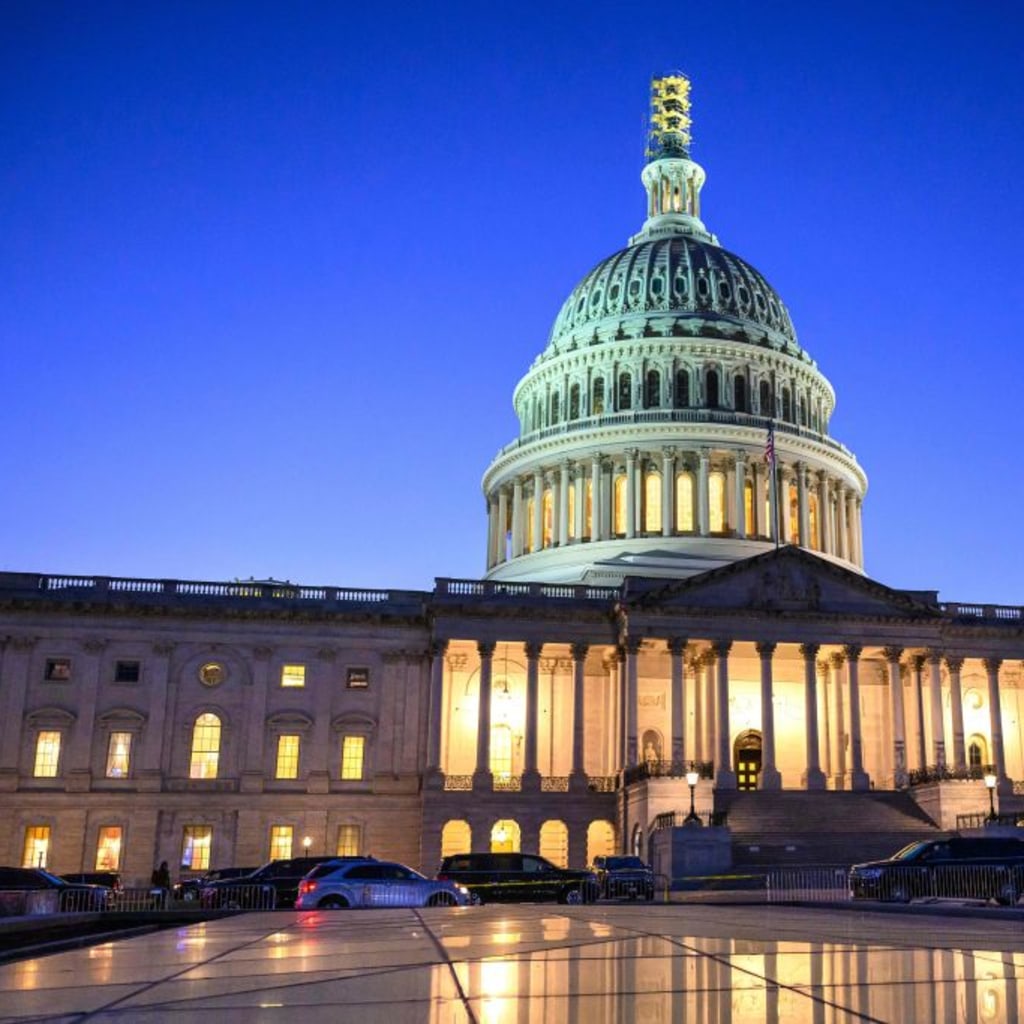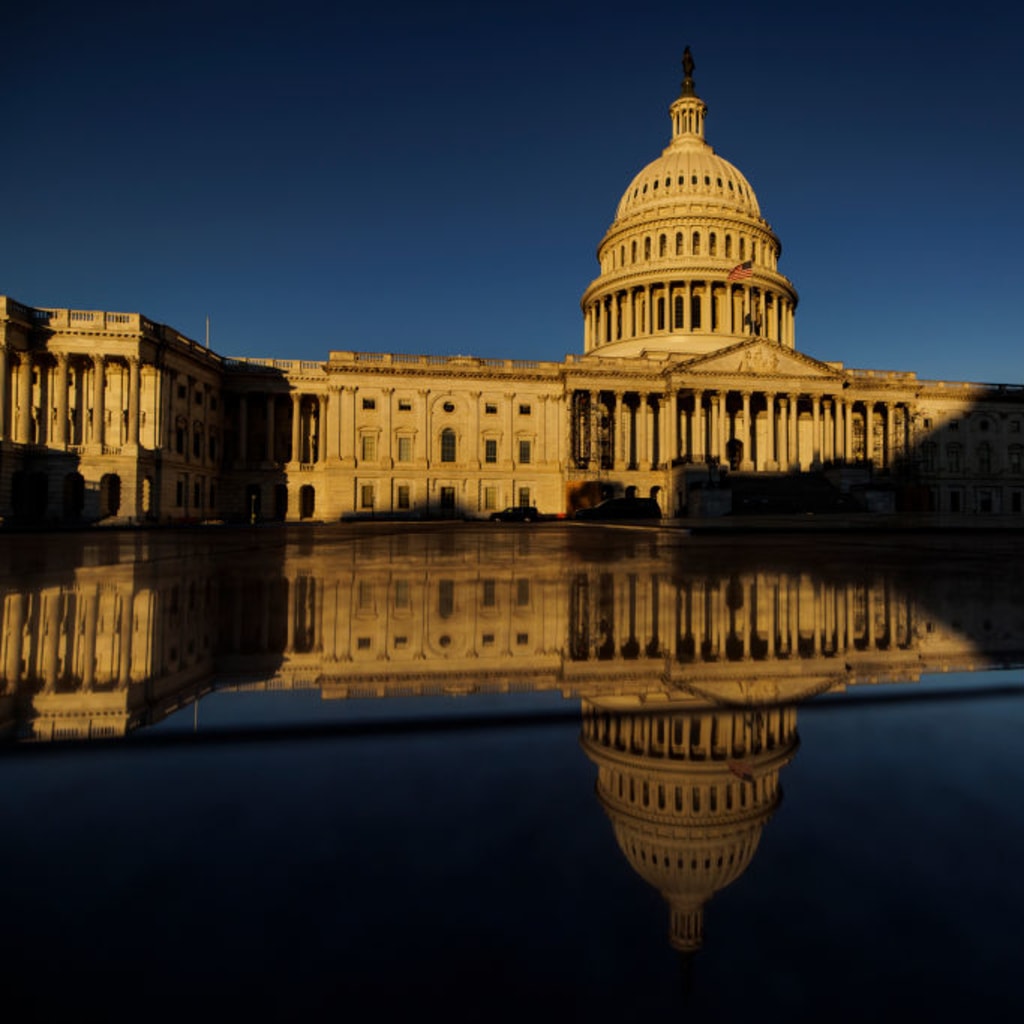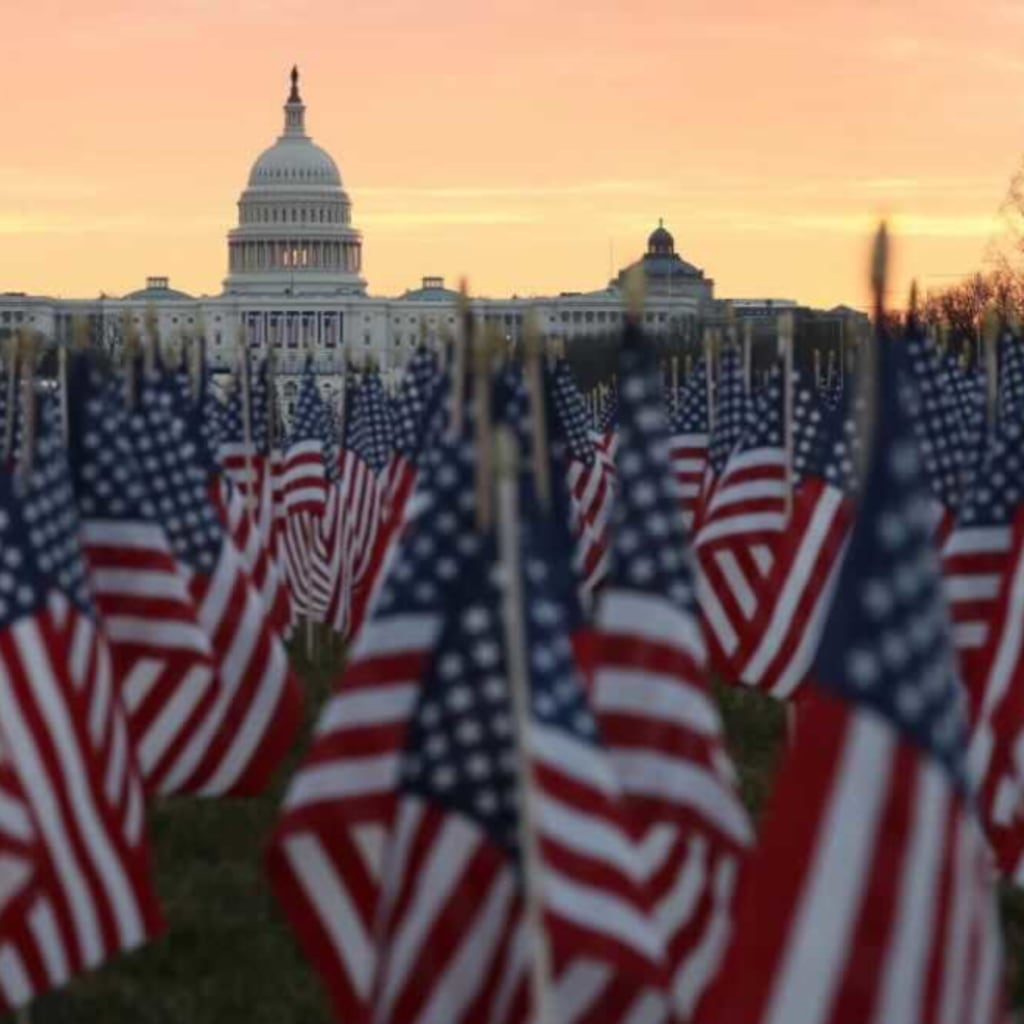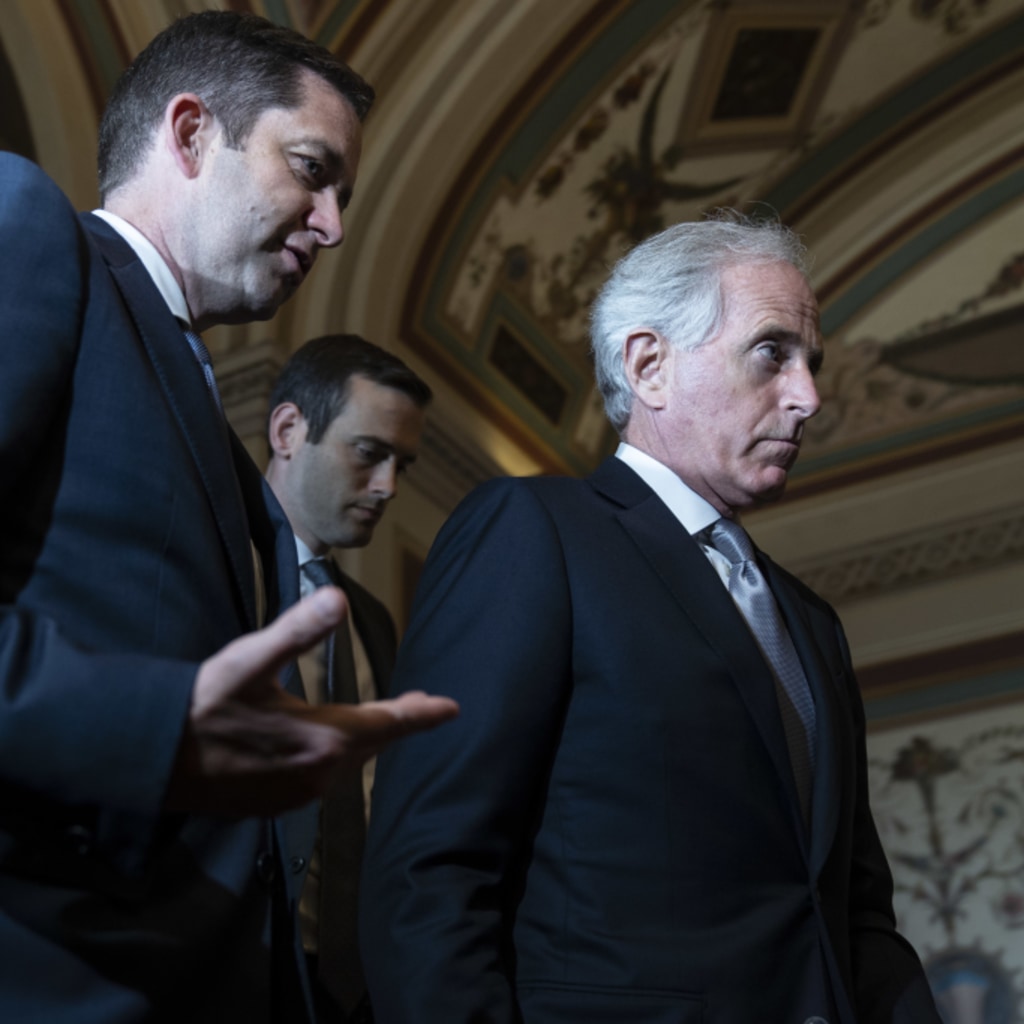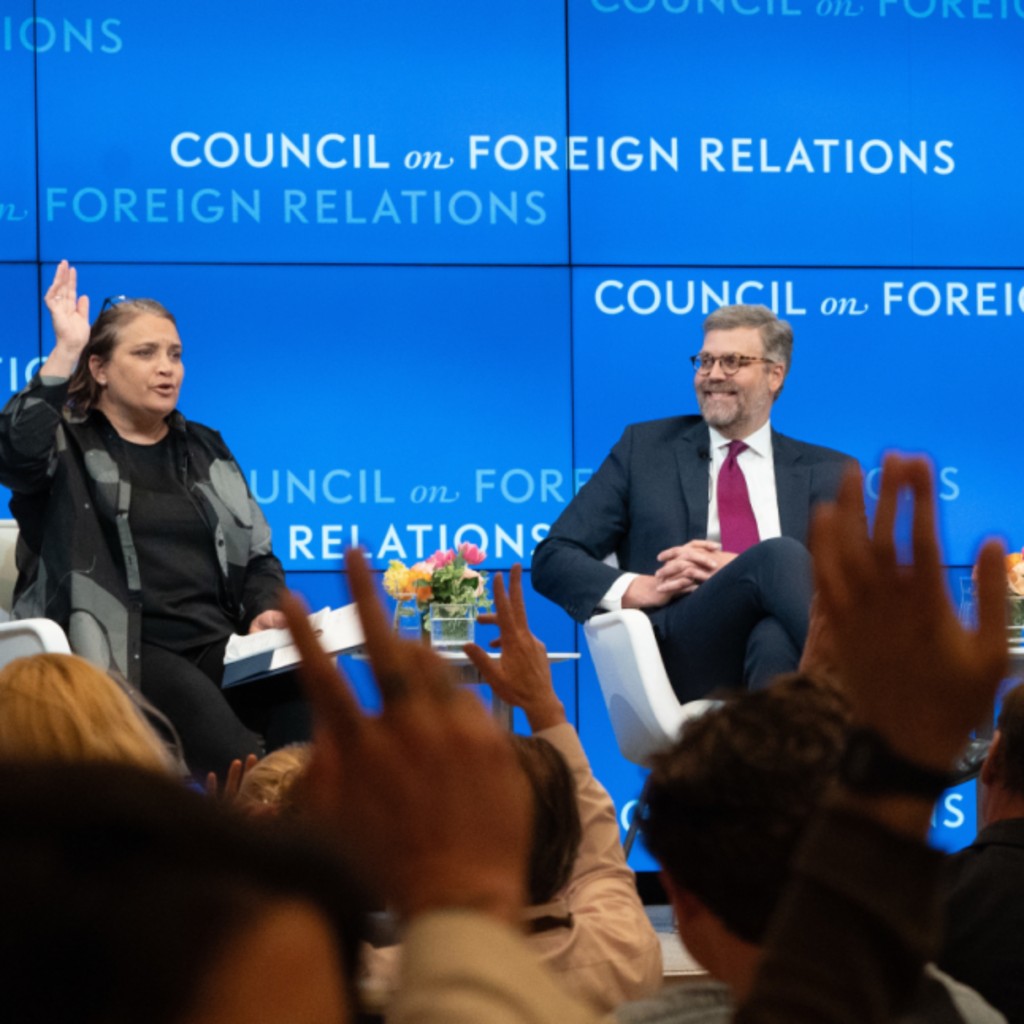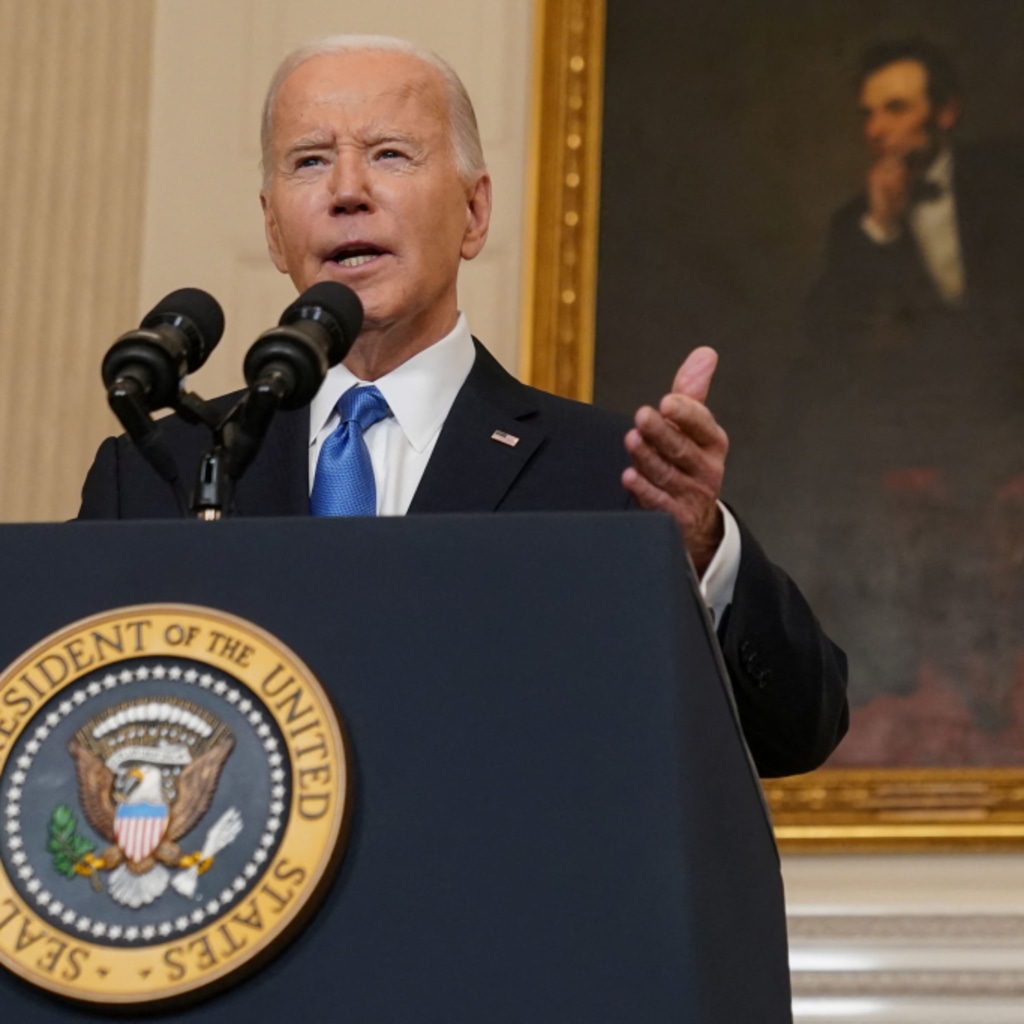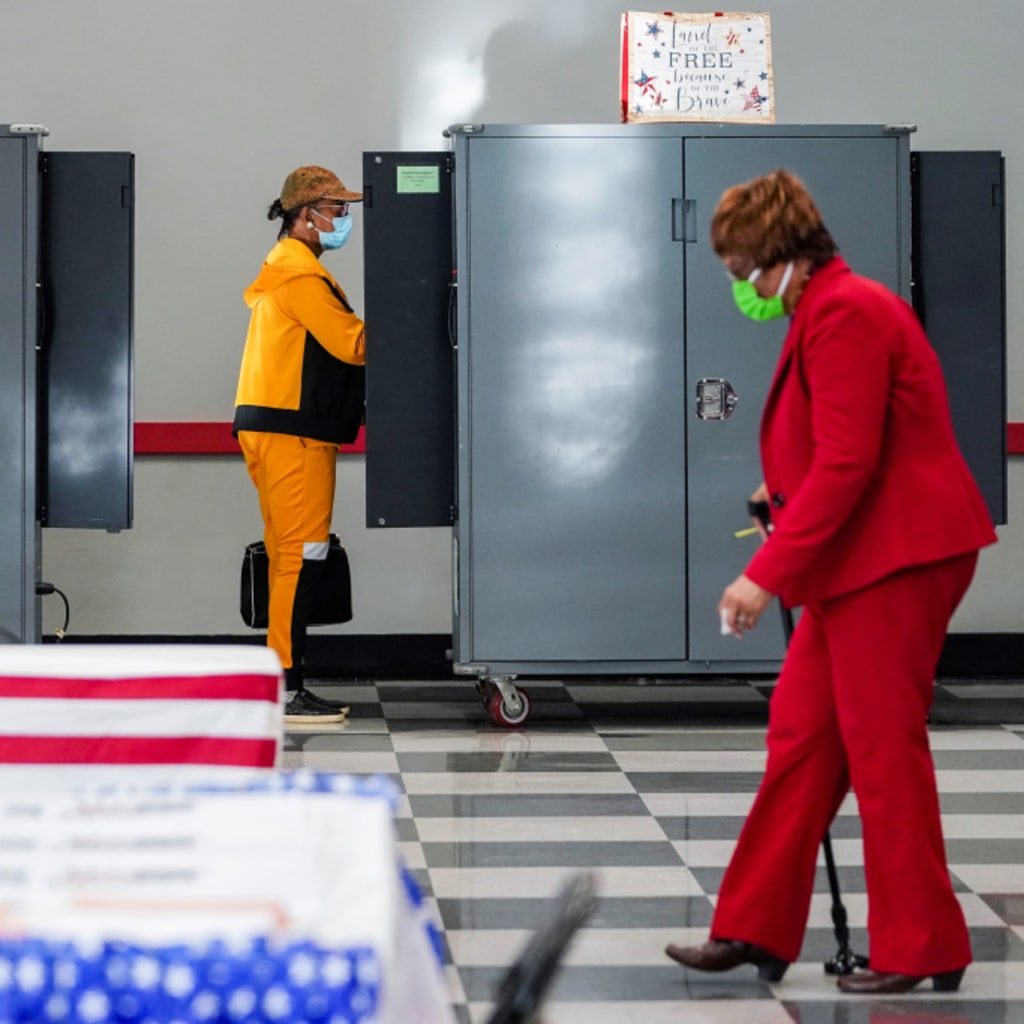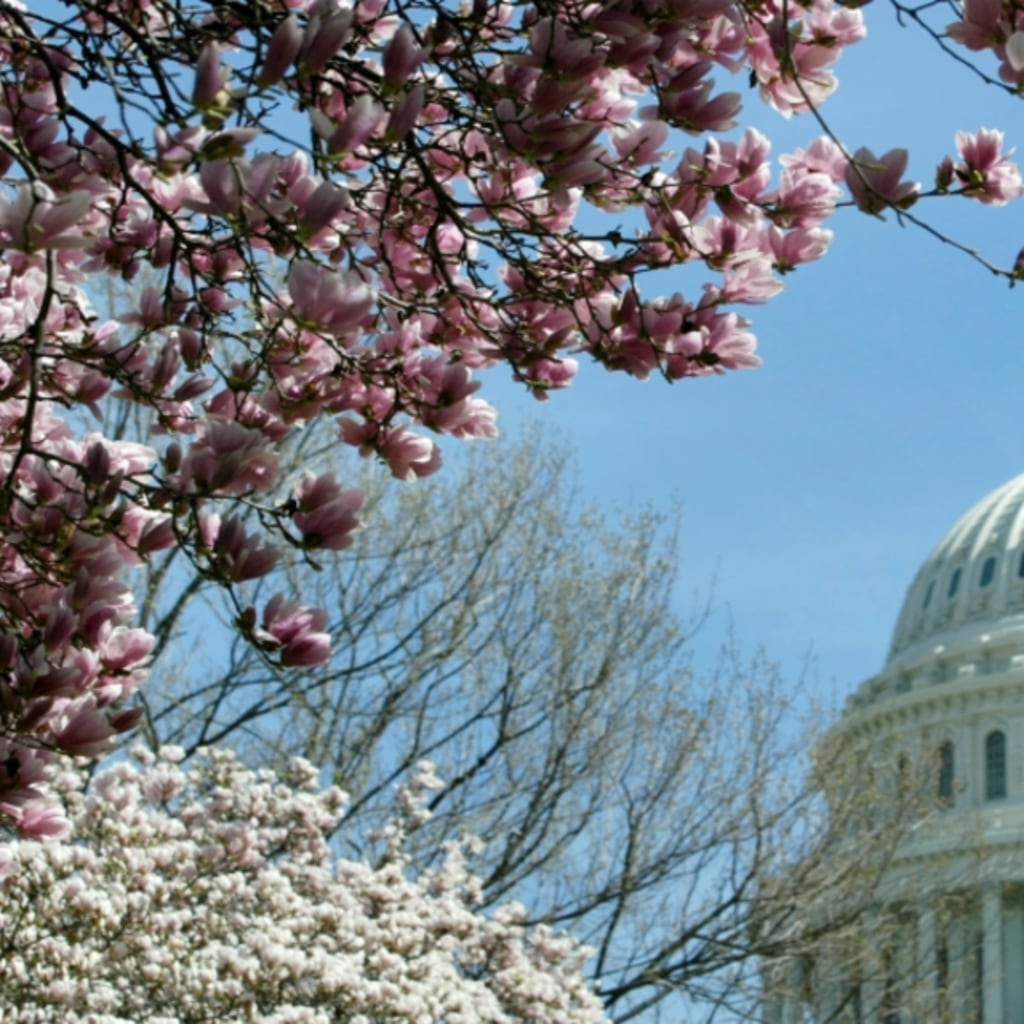
Chris Tuttle is a senior fellow and associate vice president of Studies at the Council on Foreign Relations (CFR), where he focuses on the politics and process behind U.S. foreign policy. He most recently directed CFR’s Renewing America Initiative, a project to examine the domestic foundations underpinning U.S. power internationally.
From 2015 to 2019, Tuttle served as policy director of the majority staff of the U.S. Senate Committee on Foreign Relations under Chairman Bob Corker (R-TN). In that role, he supervised the committee’s foreign policy subject matter experts in their work to advise the committee chairman, conduct hearings, oversee the U.S. government’s international affairs agencies, confirm executive branch nominees, and negotiate and craft legislation. During his tenure as policy director, the committee passed into law the first State Department authorization in fourteen years, as well as significant new sanctions on Iran, North Korea, and Russia. It also held more than 150 committee hearings and classified briefings, and confirmation hearings for hundreds of executive branch nominees, including two secretaries of state.
From 2019 to 2024, Tuttle was managing director in the Council’s Corporate Affairs Program, leading CFR’s relationships with a select group of its corporate members. And from 2008 to 2015, Tuttle was director of CFR’s Washington Program and Independent Task Force Program. As head of the Independent Task Force Program, he worked with groups of top experts to produce analysis and recommendations on issues of current and critical importance in U.S. foreign policy. As Washington Program director, he oversaw CFR’s relationships with the executive branch, Congress, and the foreign diplomatic corps, and managed the Council’s Washington staff in its work to provide substantive content to CFR members and the broader policy community.
In addition to his work as a senior fellow, Tuttle serves as secretary of the corporation and as a senior advisor for the Council’s external affairs efforts in Washington, working to ensure that the actions of policymakers are informed by CFR experts and resources.
Tuttle first joined CFR from the U.S. Department of State, where he served from 2006 to 2008. From 1999 to 2006, he worked in the U.S. House of Representatives, serving as chief of staff and senior policy advisor to Representative Mark Green (R-WI), then an assistant majority whip who sat on the International Relations and Financial Services Committees. Tuttle’s legislative experience also includes several years as a senior leadership staff member in two state legislatures.
Tuttle holds a bachelor’s degree from the University of Wisconsin, a master’s degree in national security and strategic studies from the U.S. Naval War College, and a diploma from the College of Naval Command and Staff. He has also done graduate study at Georgetown University, Johns Hopkins University, and the National Defense University.
